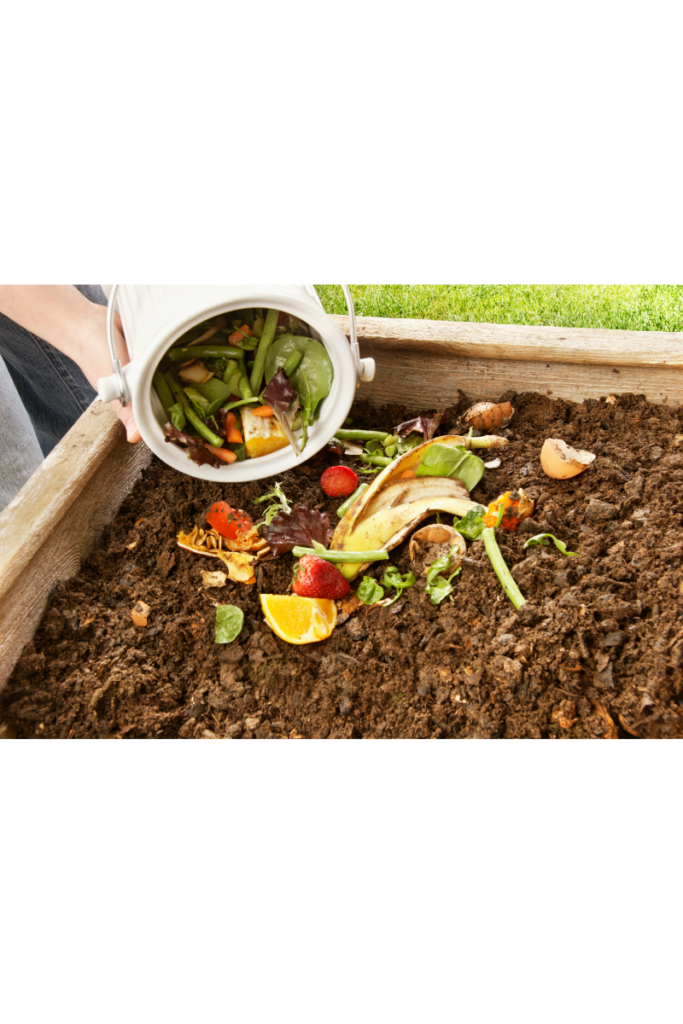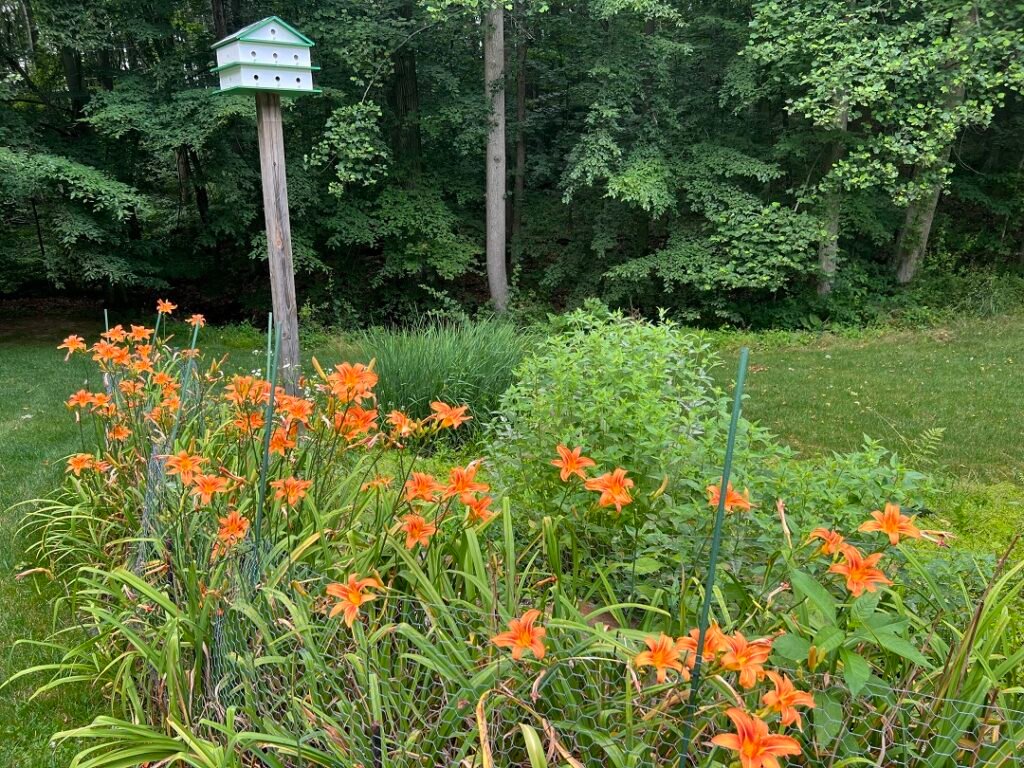Composting is a rewarding and eco-friendly practice that can benefit both your garden and the environment. Starting your own compost pile may seem daunting at first, but with the right knowledge and techniques, you can easily turn your kitchen scraps and yard waste into nutrient-rich soil for your plants. In this comprehensive guide, we will walk you through everything you need to know to start your own compost pile successfully.
What is Composting?
Before diving into the nitty-gritty of starting a compost pile, it’s essential to understand what composting is. Composting is a natural process where organic materials decompose into a rich, dark soil-like material known as compost. This compost is a valuable resource that can improve soil structure, retain moisture, and provide essential nutrients for plants.
Benefits of Composting
Composting offers a wide range of benefits for both your garden and the environment. Some of the key benefits include:
- Reducing Waste: Composting helps divert organic waste from landfills, reducing methane emissions and greenhouse gases.
- Improving Soil Health: Compost enriches the soil with essential nutrients, improves soil structure, and promotes beneficial microbial activity.
- Sustainable Gardening: By creating your own compost, you reduce the need for chemical fertilizers and promote sustainable gardening practices.
Getting Started: Setting Up Your Compost Pile
Now that you understand the basics of composting let’s dive into how you can start your own compost pile. Here are the steps to set up your compost pile effectively:
- Choose a Location: Select a well-drained spot in your garden that receives partial sunlight.
- Gather Materials: Collect a mix of green (nitrogen-rich) and brown (carbon-rich) materials such as kitchen scraps, yard waste, leaves, and straw.
- Build Your Pile: Layer your materials in alternating green and brown layers to promote decomposition.
- Maintain Moisture and Aeration: Keep your compost pile moist but not waterlogged, and turn it regularly to aerate the materials.
Tips for Successful Composting
To ensure that your compost pile thrives and produces high-quality compost, here are some tips to keep in mind:
- Balancing Green and Brown Materials: Aim for a balanced mix of green and brown materials to maintain the right carbon-to-nitrogen ratio.
- Turning Your Pile: Regularly turning your compost pile helps aerate the materials and speed up decomposition.
- Monitoring Moisture Levels: Check the moisture content of your compost pile regularly; it should be damp like a wrung-out sponge.
- Patience is Key: Composting is a natural process that takes time; be patient and allow nature to work its magic.
Troubleshooting Common Composting Issues
Even with the best intentions, issues may arise when starting a compost pile. Here are some common problems you may encounter and how to address them:
- Smelly Compost: If your compost pile smells bad, it may be too wet or lack sufficient airflow. Add more brown materials and turn the pile to improve aeration.
- Slow Decomposition: If your compost is taking longer than expected to decompose, check the carbon-to-nitrogen ratio and adjust as needed.
- Pests in Your Pile: To deter pests such as rodents or flies, avoid adding meat or dairy products to your compost pile.
Conclusion
Starting your own compost pile is a rewarding journey that not only benefits your garden but also contributes to a more sustainable lifestyle. By following the tips and techniques outlined in this guide, you can create nutrient-rich compost to nourish your plants while reducing waste in an environmentally friendly way.
Disclaimer:
The information provided in this blog post is intended for educational purposes only. While we strive to offer accurate and up-to-date information, it is always recommended to consult with gardening experts or local authorities for specific advice tailored to your individual needs and circumstances.





